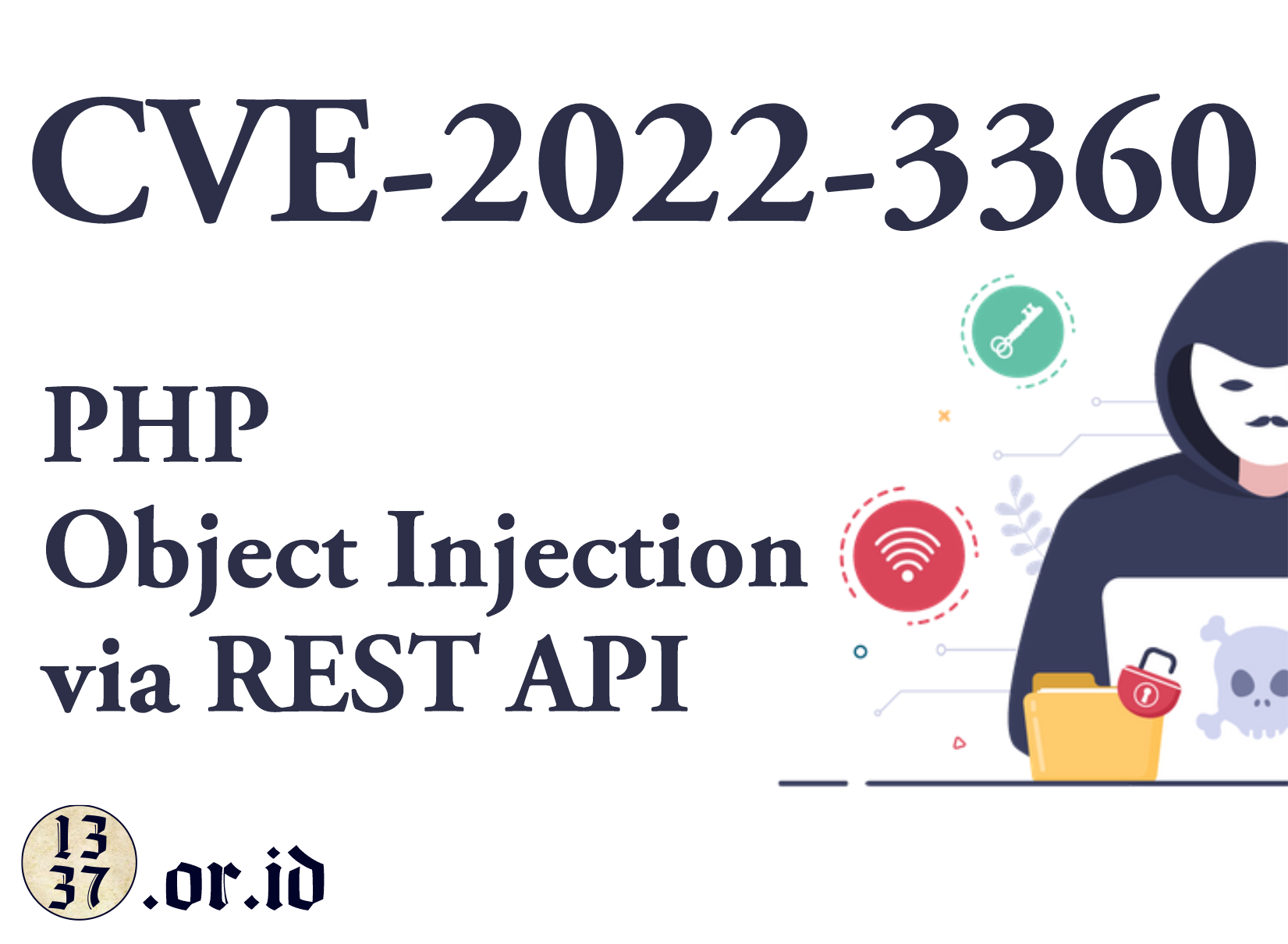Author: Ganesha
-
$1.000 IDOR
Insecure direct object references (IDOR) are a type of access control vulnerability that arises when an application uses user-supplied input to access objects directly. The term IDOR was popularized by its appearance in the OWASP 2007 Top Ten. However, it is just one example of many access control implementation mistakes that can lead to access…
-
Russian Cybercrime Groups Stole Over 50 Million Passwords with Stealer Malware
Security researchers have warned of a password-theft epidemic after revealing that Russian groups are using off-the-shelf info-stealing malware to devastating effect. Group-IB said its analysis revealed 34 Telegram groups used by threat actors to organize their efforts, and that they’d infected over 890,000 user devices and stolen over 50 million passwords in the first seven…
-
XSSRush: An automatic XSS scanner
XSSRush is an automatic XSS scanner. Available on Desktop, Chrome Extension, and Web Based. Screenshot: Link:
-
phpMyAdmin 4.8.1 – Remote Code Execution (RCE)
Security Team ChaMd5 disclose a Local File Inclusion vulnerability in phpMyAdmin latest version 4.8.1. And the exploiting of this vulnerability may lead to Remote Code Execution. Reference:
-
Newsletter, SMTP, Email marketing and Subscribe forms by Sendinblue < 3.1.25 – Reflected XSS
The Newsletter, SMTP, Email marketing and Subscribe forms by Sendinblue WordPress plugin before 3.1.25 does not escape the sib-statistics-date parameter before outputting it back in an attribute, leading to a Reflected Cross-Site Scripting issue Proof of Concept: Reference:
-
qdPM 9.1 – Remote Code Execution (RCE) (Authenticated)
A remote code execution (RCE) vulnerability exists in qdPM 9.1 and earlier. An attacker can upload a malicious PHP code file via the profile photo functionality, by leveraging a path traversal vulnerability in the users[‘photo_preview’] delete photo feature, allowing bypass of .htaccess protection. NOTE: this issue exists because of an incomplete fix for CVE-2015-3884. Reference:
-
Elementor < 3.4.8 – DOM Cross-Site-Scripting
The plugin does not sanitise or escape user input appended to the DOM via a malicious hash, resulting in a DOM Cross-Site Scripting issue. The issue was initially fixed in 3.1.4, however re-introduced in 3.2.0. The base64 string is an encoded JSON with the following structure: This vulnerability has been fixed in the version 3.1.4.…
-

CVE-2022-3360 – Unauthenticated PHP Object Injection via REST API
The LearnPress WordPress plugin before 4.1.7.2 unserialises user input in a REST API endpoint available to unauthenticated users, which could lead to PHP Object Injection when a suitable gadget is present, leadint to remote code execution (RCE). To successfully exploit this vulnerability attackers must have knowledge of the site secrets, allowing them to generate a…